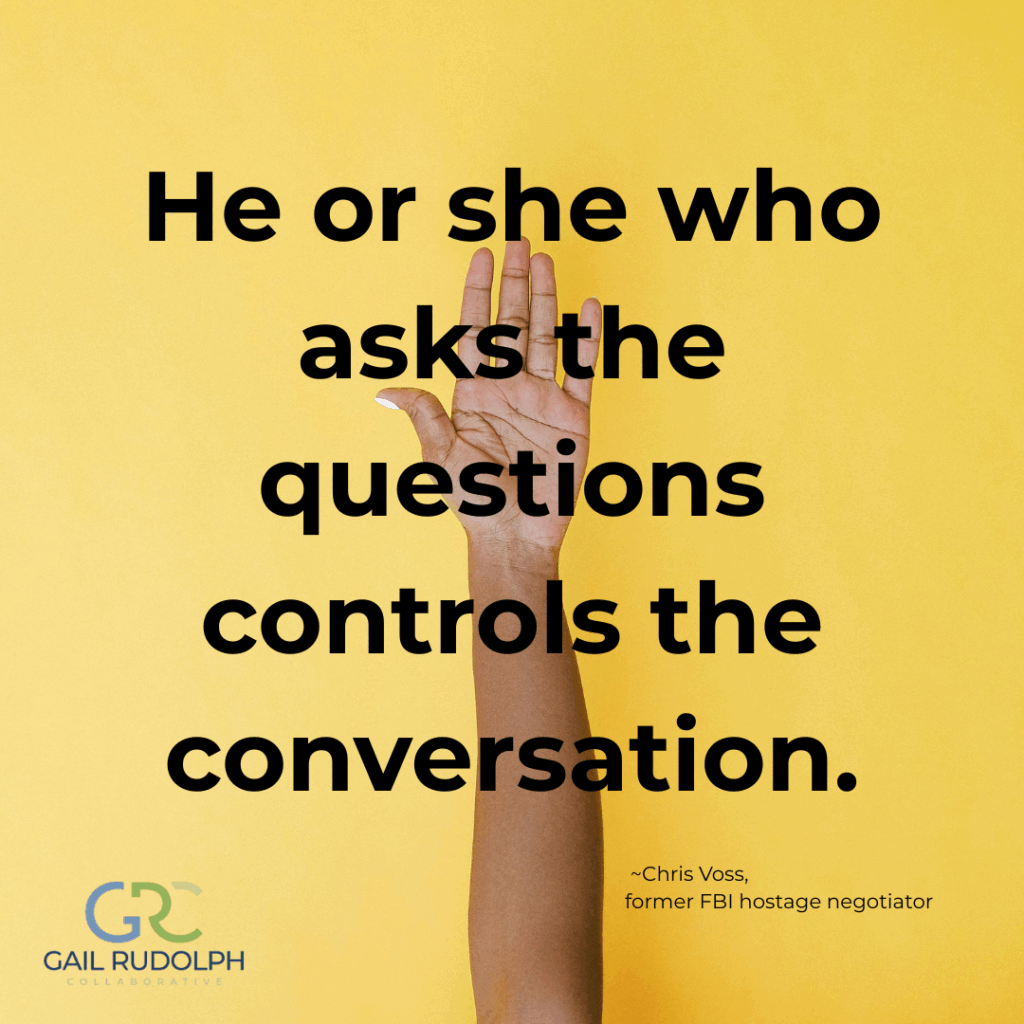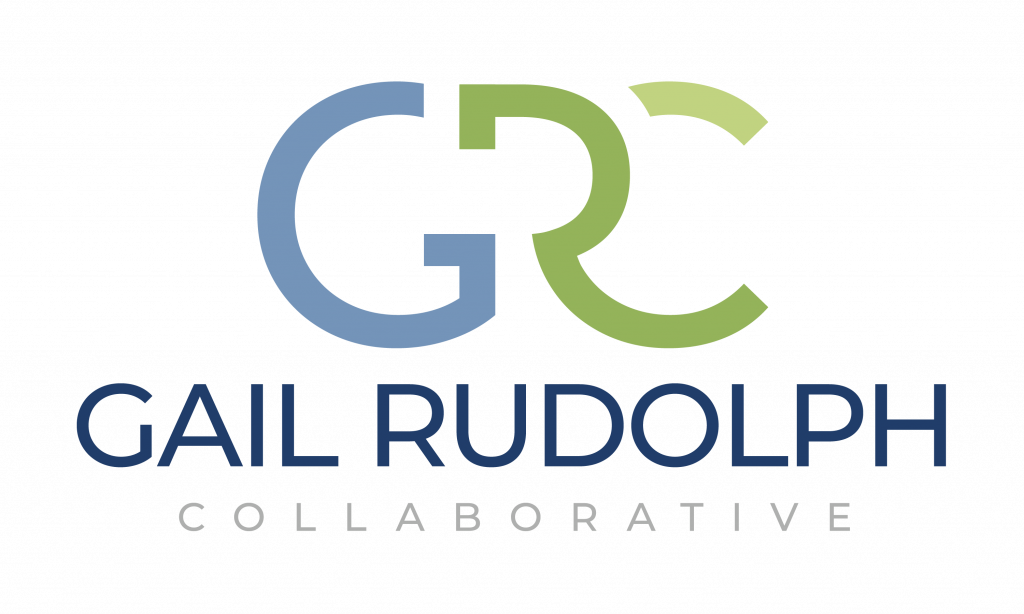A Thoughtful Question

“He or she who asks the questions controls the conversation.” -Chris Voss, former FBI hostage negotiator
At first glance, that quote may seem better suited for a crime drama than a donor meeting or sales conversation. But it holds a profound truth—one that every effective fundraiser, salesperson, and leader must understand:
Influence doesn’t come from talking more. It comes from asking better questions.
Curiosity: The Gateway to Trust
In both fundraising and sales, we’re often trained to deliver:
- A compelling pitch.
A list of benefits.
A clear and confident ask.
But here’s what neuroscience tells us:
The brain is wired to resist pressure.
The moment someone feels pushed, their defenses go up. Their critical thinking shuts down, and their desire to say “yes” diminishes.
Curiosity, however, does the opposite.
When you ask a sincere, well-timed questions, you activate a different part of the brain—one that feels safe, seen, and open.
It creates what psychologists call psychological safety—the foundation for trust, reflection, and meaningful decision-making.
That’s why questions aren’t just about gathering information. They’re influence tools.
Used ethically and strategically, they shift the dynamic from persuasion to partnership.
The Emotional Power of the Right Question
Let’s bring this into the world of real conversations. Here are examples of questions that open doors:
- In fundraising:
“What inspired your first gift?”
“What legacy do you hope to create with your philanthropy?”
“What concerns do you have about giving in today’s environment?” - In sales:
“What would success look like for you?”
“What’s held you back from solving this before?”
“How does this decision fit into your bigger vision?”
These aren’t manipulative.
They’re meaningful.
They allow the other person to reveal what truly matters—often things they haven’t even articulated yet.
And when someone feels seen and heard, the conversation changes.
You’re no longer trying to “win” them over.
You’re guiding them toward their own clarity.
What Happens When You React Instead of Inquire
Let’s flip the script for a moment.
What happens when you feel frustrated, rejected, or surprised during a conversation?
Most people react.
We defend.
We explain.
We try to rescue the “no” into a “yes.”
But here’s where we lose our edge.
In that moment, we stop being curious. And when curiosity disappears, so does our power.
What if, instead of reacting, we investigated?
- What’s behind this hesitation?
- What pressure might they be feeling?
- What fear, doubt, or past experience is showing up here?
This isn’t about manipulation—it’s about empathy. And it’s how ethical influence actually works.
Asking clean, honest questions in the face of tension is one of the most underused skills in both fundraising and sales. It quiets the noise and brings us back to the heart of what matters.
Influence Isn’t Loud. It’s Curious.
We often associate power with boldness, charisma, and persuasion. But in truth, the most influential people in any room are usually the ones who ask the right questions at the right time.
They don’t dominate the conversation.
They guide it.
They listen more than they speak.
They make the other person feel like the most important voice in the room.
That’s not weakness. That’s emotional strength.
Whether you’re asking for a major gift or negotiating a high-stakes deal, your greatest leverage isn’t your talking points—it’s your ability to stay curious.
The Next Time You Sit Across the Table…
Pause.
Breathe.
Ask.
Because the person who controls the conversation isn’t the one with the best pitch.
It’s the one with the best question.
Final Thought:
If you want more yeses, more connection, and more authentic influence—ditch the script. Pick up a question.
Then listen with everything you’ve got.
